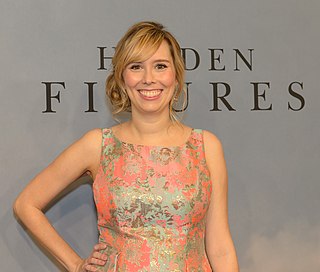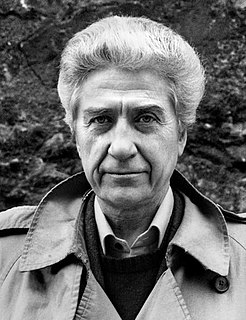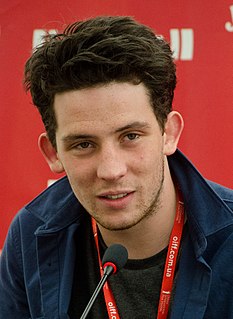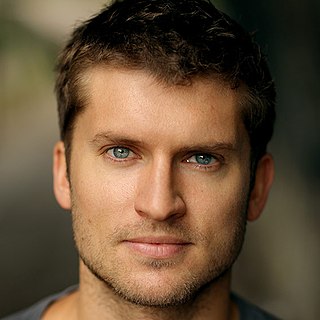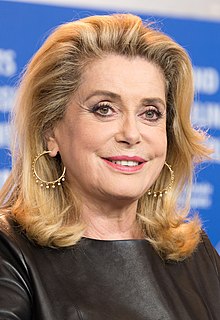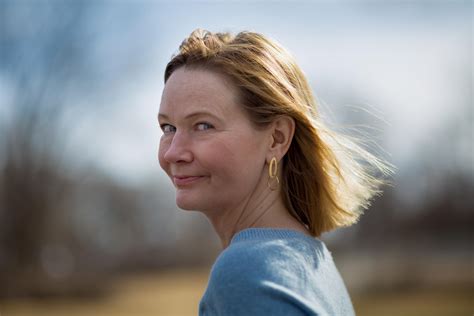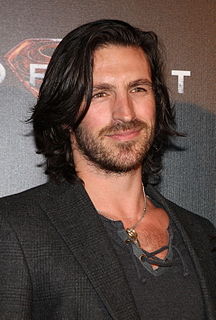A Quote by Pedro Almodovar
The silent film has a lot of meanings. The first part of the film is comic. It represents the burlesque feel of those silent films. But I think that the second part of the film is full of tenderness and emotion.
Related Quotes
The core plot of 'Mercury' is so gripping that when I thought of making it as a silent film, it only made it more interesting. Once I finished writing the first draft, making a silent film that's both thrilling and engaging seemed possible. When the film team read the final script, they felt the same.
In 1993, my first documentary was about the civil war in Algeria. That was in French and in Arabic. Another short film I did was silent. What I'm trying to say is that, yes, I'm Italian, and yes, I make films with Italian money, but personally, I've always been invested in the broader world of film-making.
Perhaps I shall not write my account of the Paleolithic at all, but make a film of it. A silent film at that, in which I shall show you first the great slumbering rocks of the Cambrian period, and move from those to the mountains of Wales...from Ordovician to Devonian, on the lush glowing Cotswolds, on to the white cliffs of Dover... An impressionistic, dreaming film, in which the folded rocks arise and flower and grow and become Salisbury Cathedral and York Minster.
While I was writing the book, I went to see Louise Brooks's most famous film, Pandora's Box, at the Tivoli in Kansas City, and it was a lovely experience. You can watch old silent films on DVD or even on YouTube, but it was a different feeling watching her up on the big screen, seeing the film the way people saw it all those years ago.
Every part of it is important; the film comes alive when you edit it, the film comes alive when you write it, the film comes alive when you act it, and the same with the directing. They're all the most important part at the time and that's why I enjoy doing it, because you're creating a story and every part is a very integral part of it.

